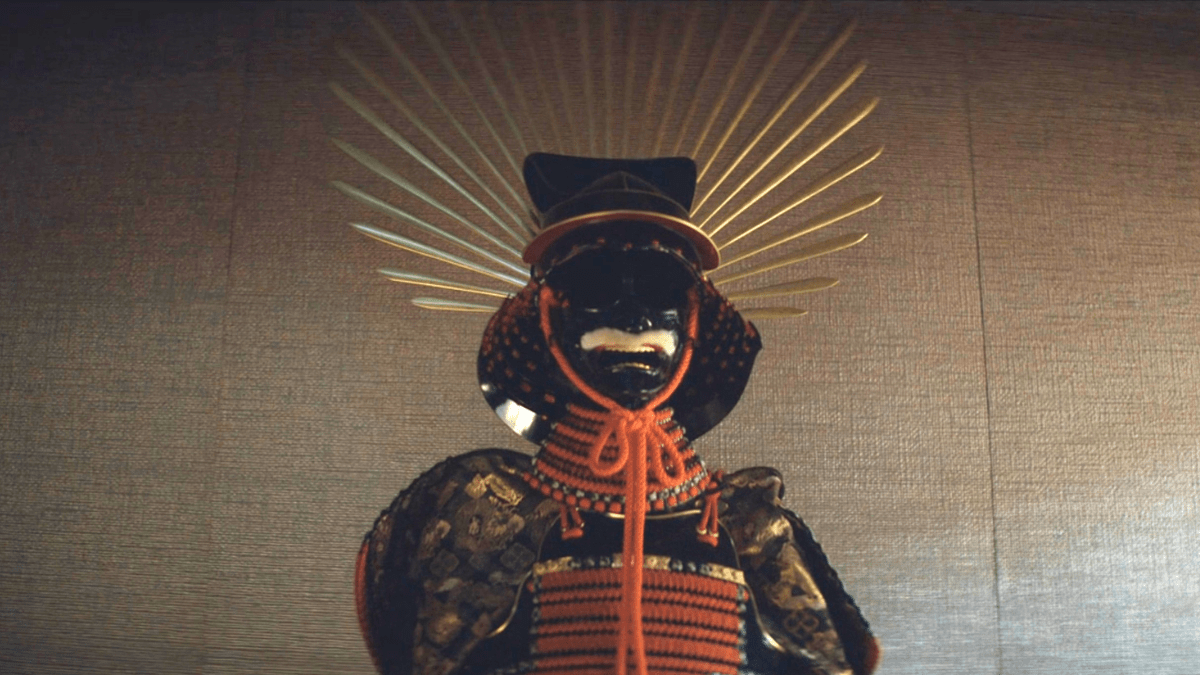We all know basic concepts such as samurai and honor. However, FX’s new historical drama sends viewers on a deep dive into the specifics of feudalist Japan.
Shōgun is adapted from James Clavell’s highly regarded historical novel. Published in 1975, the tome brought Eastern culture into the mainstream. Set at the turn of the century in 1600s Japan, the story revolves around three characters whose lives are changed when a Dutch ship hits the shores of Japan. While the characters are fictionalized, everything is based on highly researched facts.
John Blackthorne (Cosmo Jarvis), the Englishman who piloted the ship, is inspired by a real-life figure who became a samurai after similar circumstances. He meets Mariko (Anna Sawai), an interpreter for a feudal lord named Toranaga (Hiroyuki Sanada), who is looking for any way to retain his position. The series takes great pains to portray life as it truly was at the time and gives context for terms such as feudalism and bushidō. These concepts have fallen out of fashion in modern society but are integral to understanding Shōgun.
What is bushidō?
Like any system of government, Shōgun has a hierarchy of power. At the top is the titular military leader. The Shōgun technically answered to the Emperor, but in these times, the latter was more of a figurehead. Constant war made the Shōgun an essential power where the military was paramount. Below him, lords called the daimyo ran the feudal states. And to keep everything in order, they employed the services of the samurai.
Samurai would maintain control of territories or fiefs, as well as protect the peasants who worked the land. This system worked together in part due to the philosophy known as bushidō. Also called “The Warrior Way,” samurai adhered to bushidō as a primary set of principles focusing on loyalty.
While other feudalist societies, such as the ones in Europe, rewarded knights with income, the samurai had other motivating factors, such as duty to their lords. They protected the lords’ lands without having ownership of it themselves. Their salary typically consisted of rice instead of tangible money. In a society where personal honor was of the highest order, the warrior class held themselves to a certain standard. This code of conduct ensured peasants were protected, even though they lived humbly.
Bushidō also affected the samurai mindset in battle. In addition to loyalty, the term also developed as fearlessness in battle. In a modern context, bushidō was a surprising concept for Westerners during World War II. The cultural differences in fighting techniques took aback American forces in particular. Japanese fighters would attack head-on, with no fear of death. This also contextualized the practice of kamikaze missions that Japanese pilots took on.
But first and foremost, bushidō means loyalty to your lord. This loyalty is so paramount that it supersedes loyalty to your own family. Samurai swear fealty to the daimyo above all else. This is demonstrated viscerally in the first episode of Shōgun after one of Toranaga’s men speaks out of turn in front of the Council of Regents. He is so duty-bound to Toranaga that in penance, he demonstrates the ritual act of seppuku, even taking the life of his infant son as well. These practices were not only common but accepted in feudal Japan. Shōgun does not shy away from demonstrating these concepts. The series is highly informative and respectful of historical practices.
